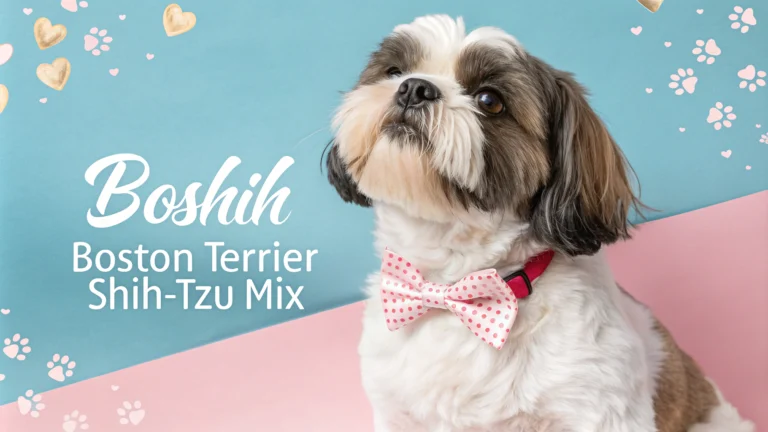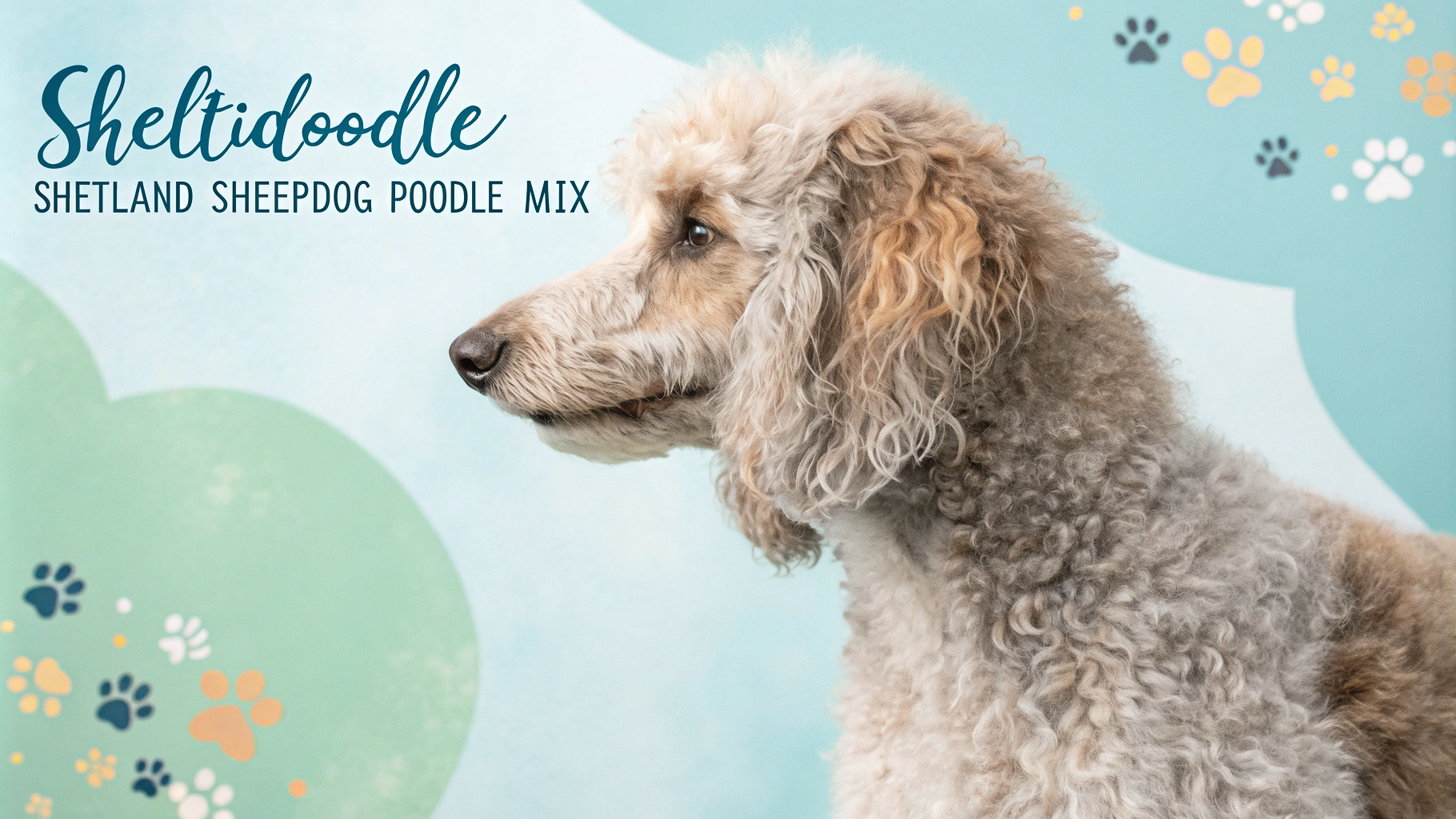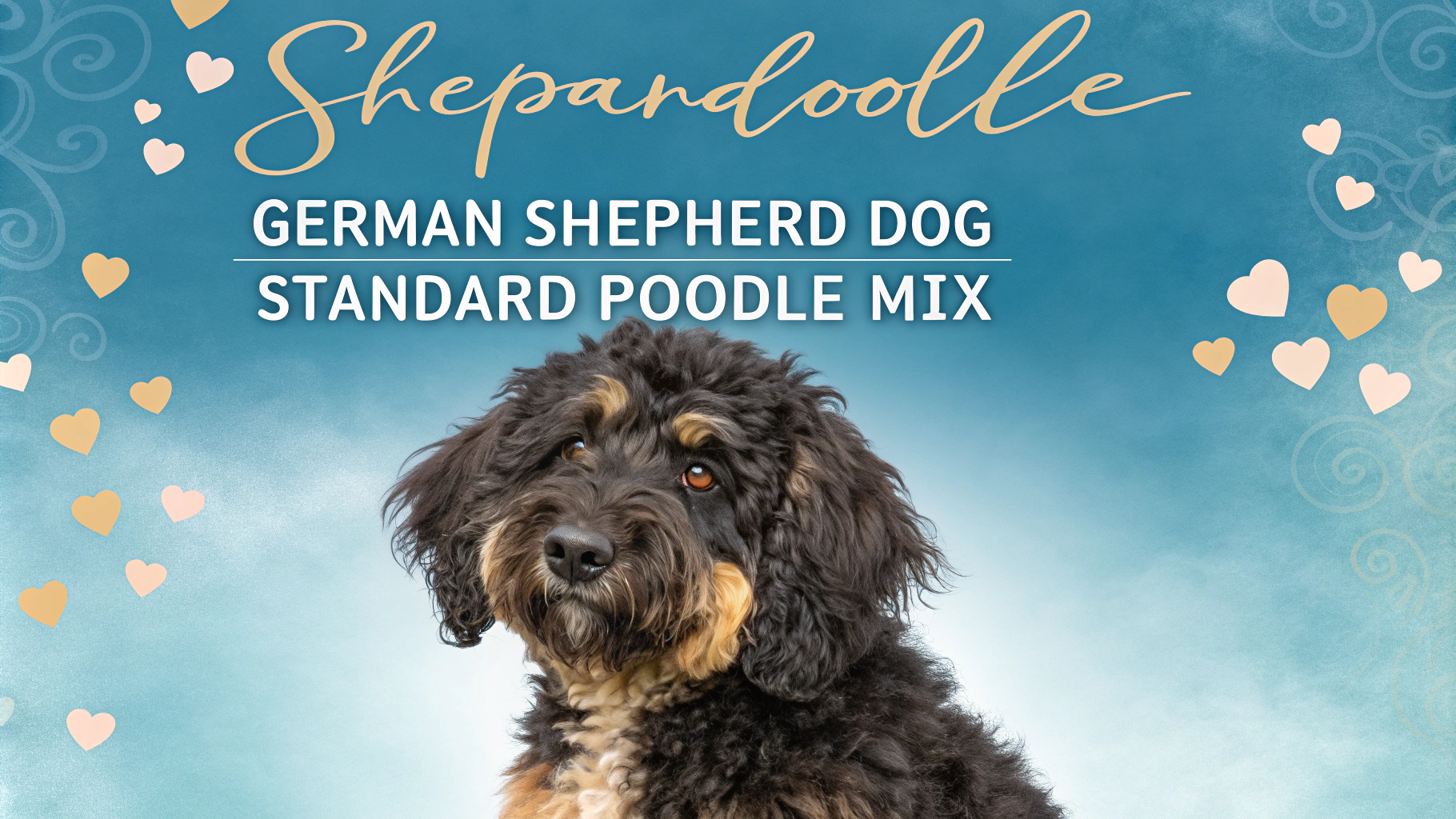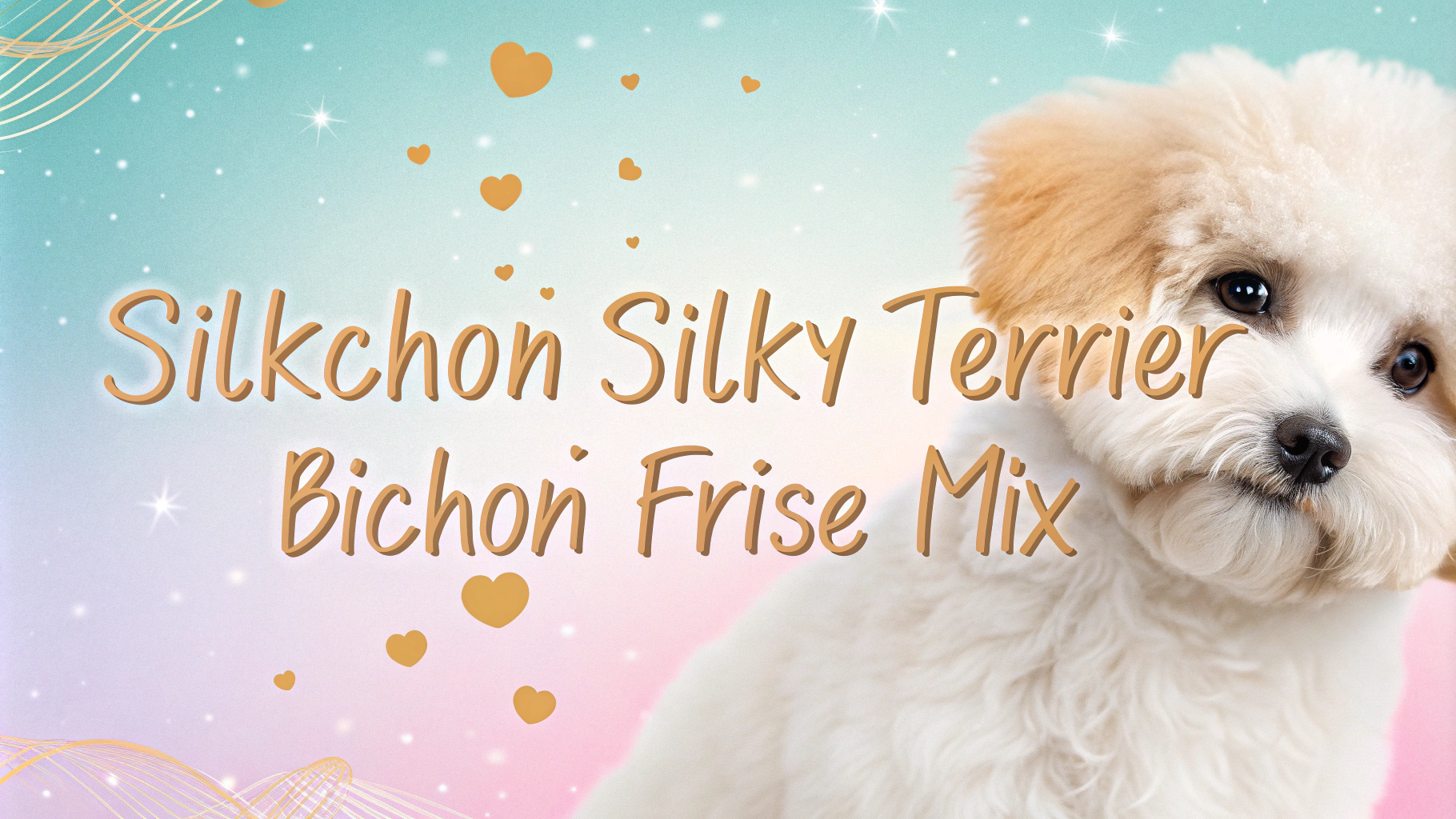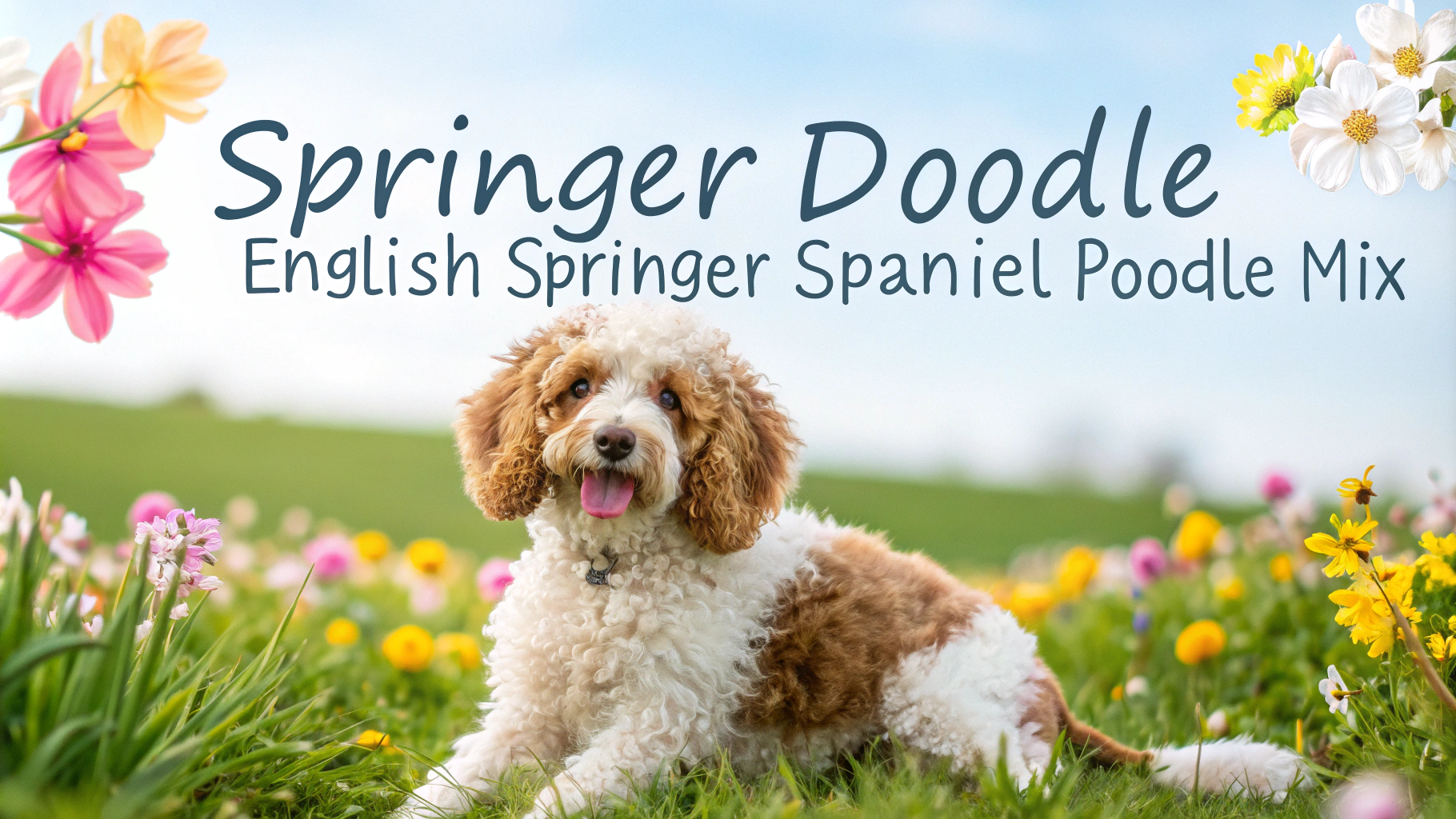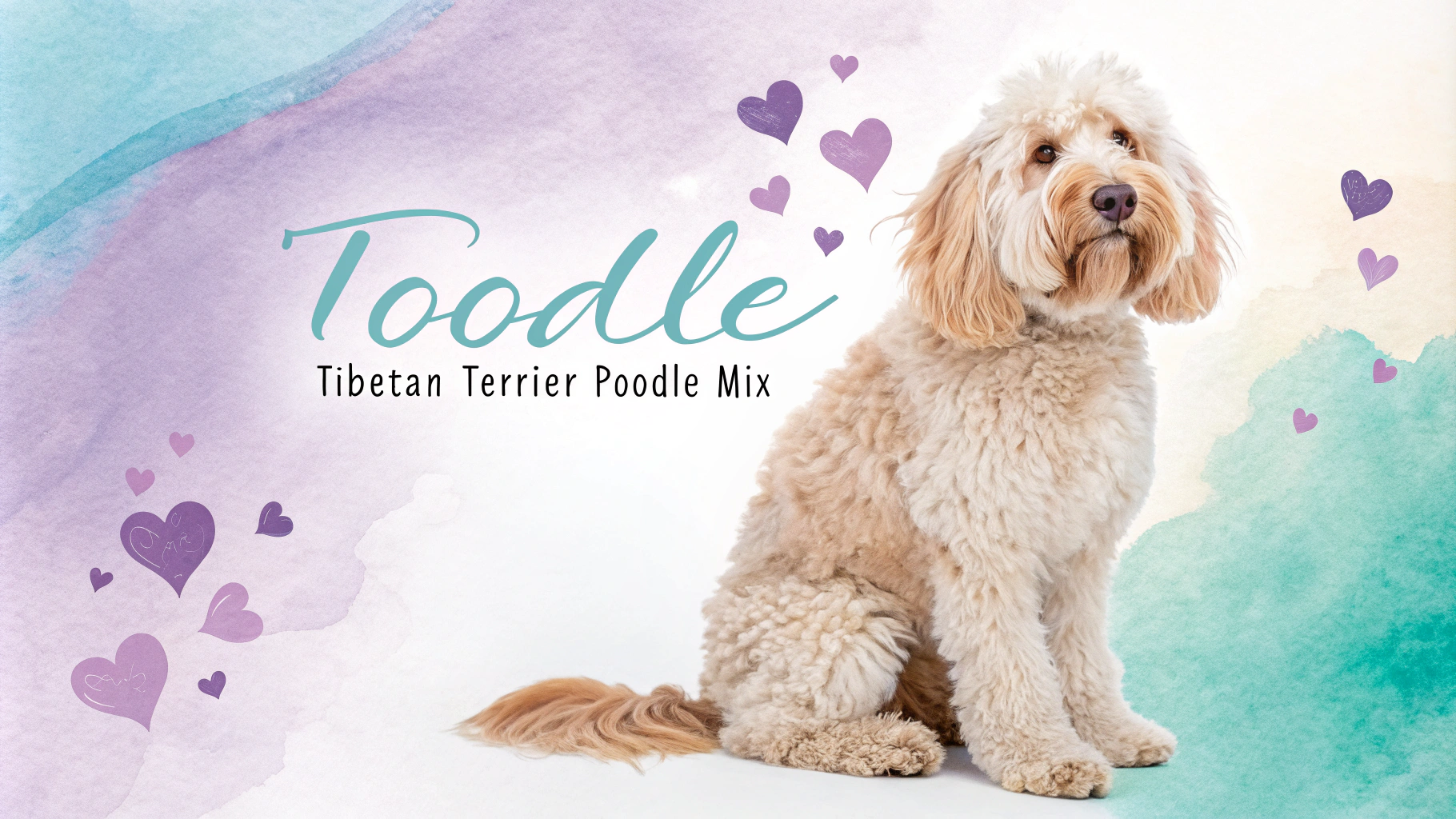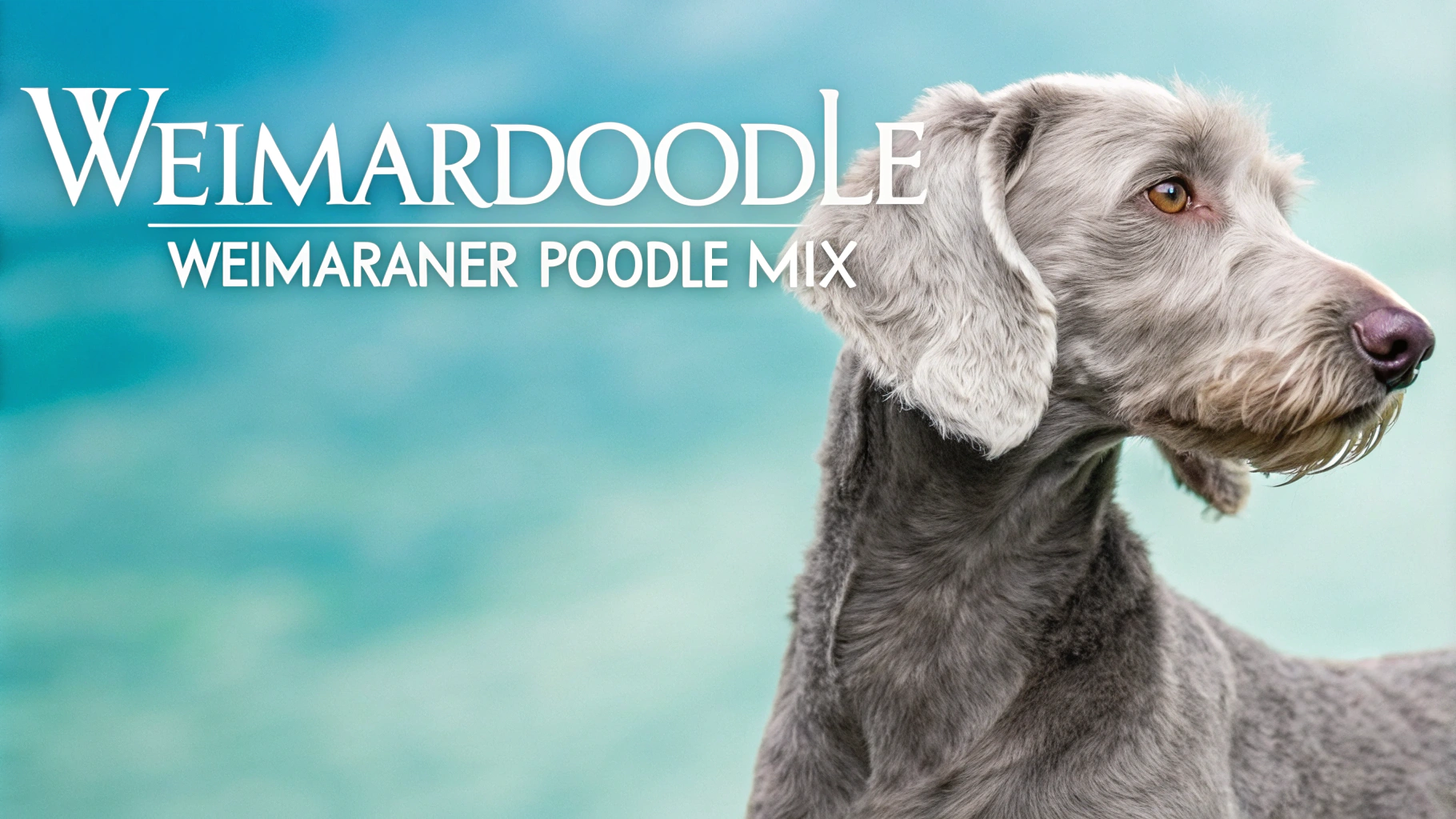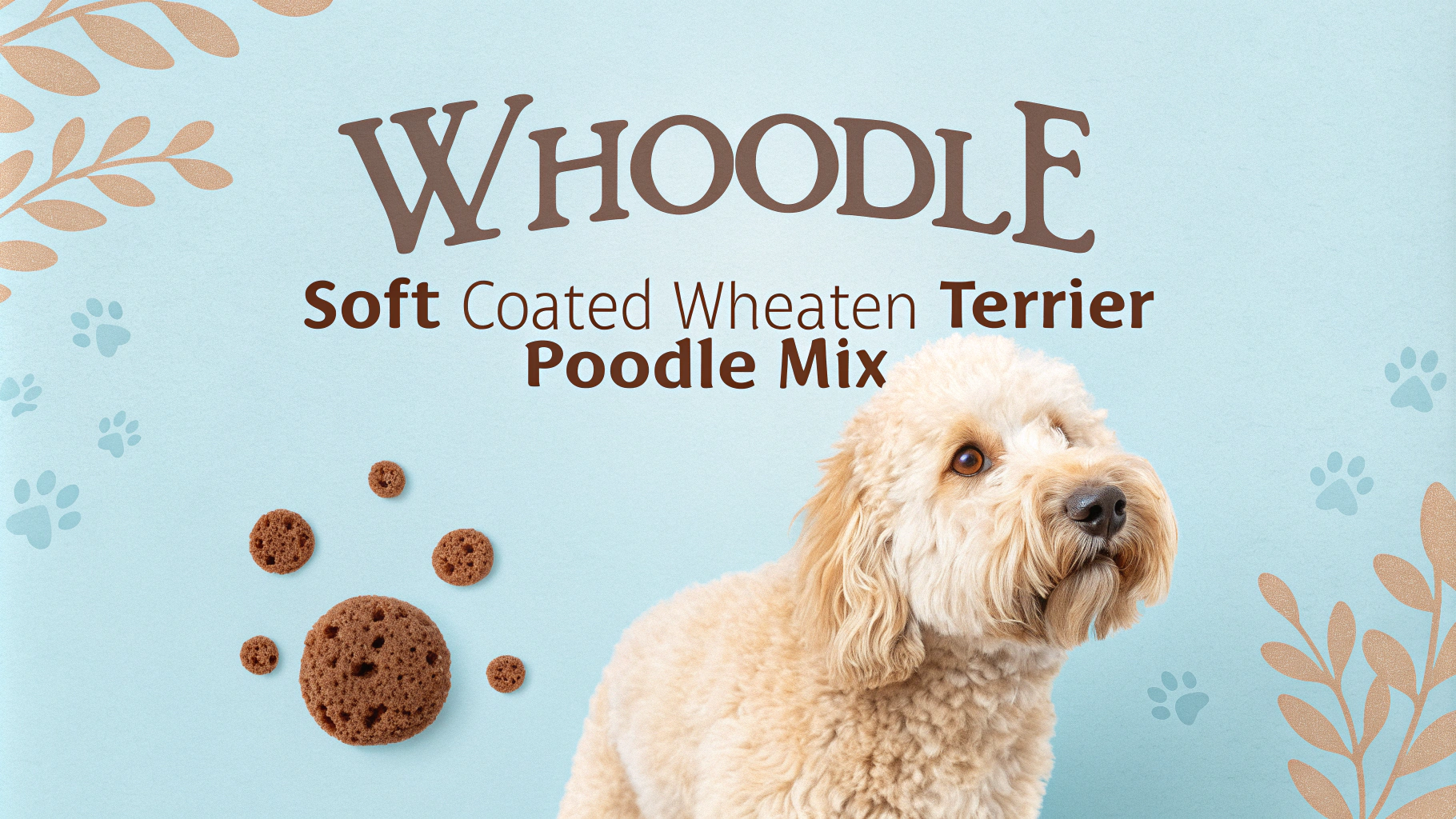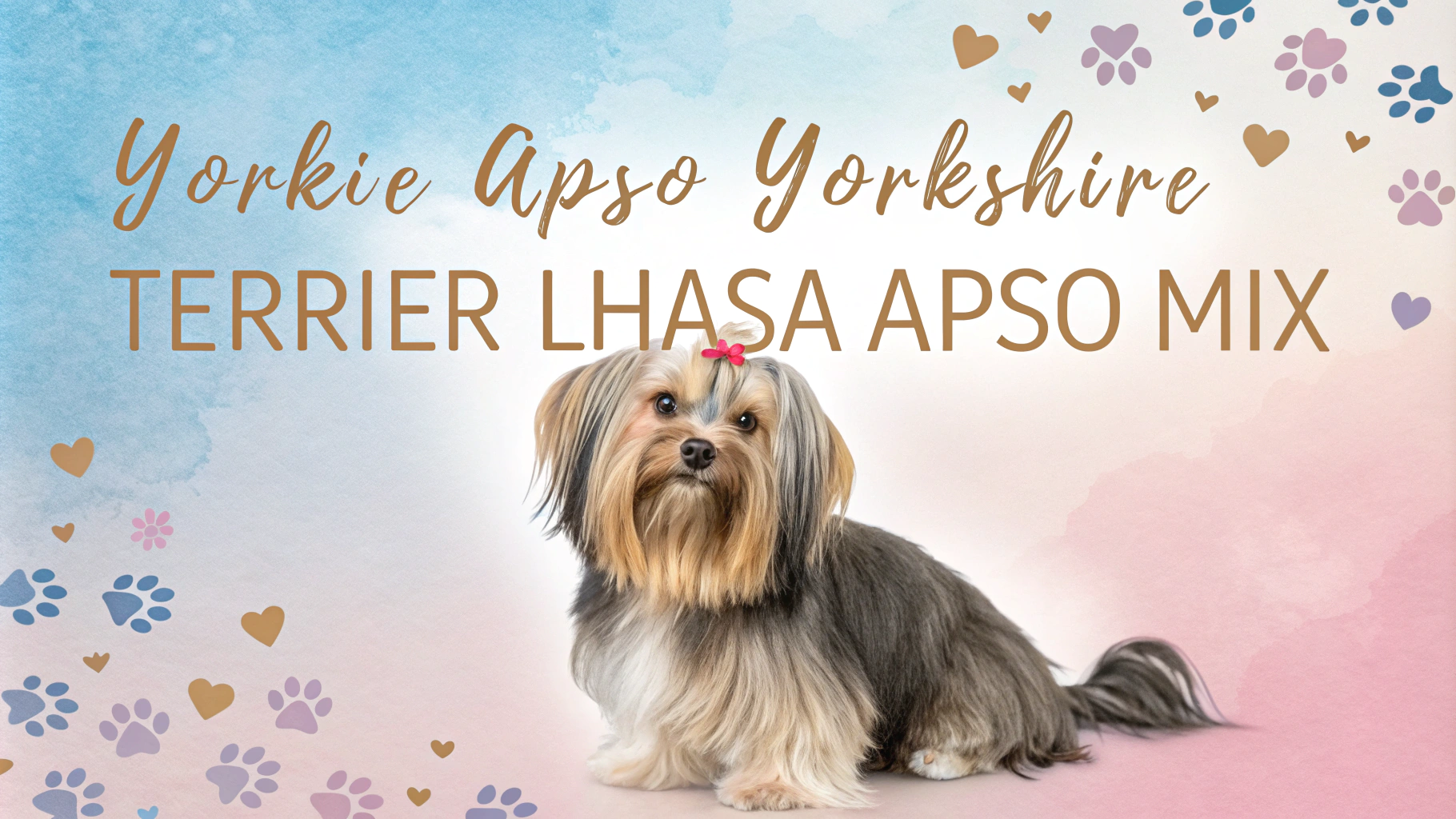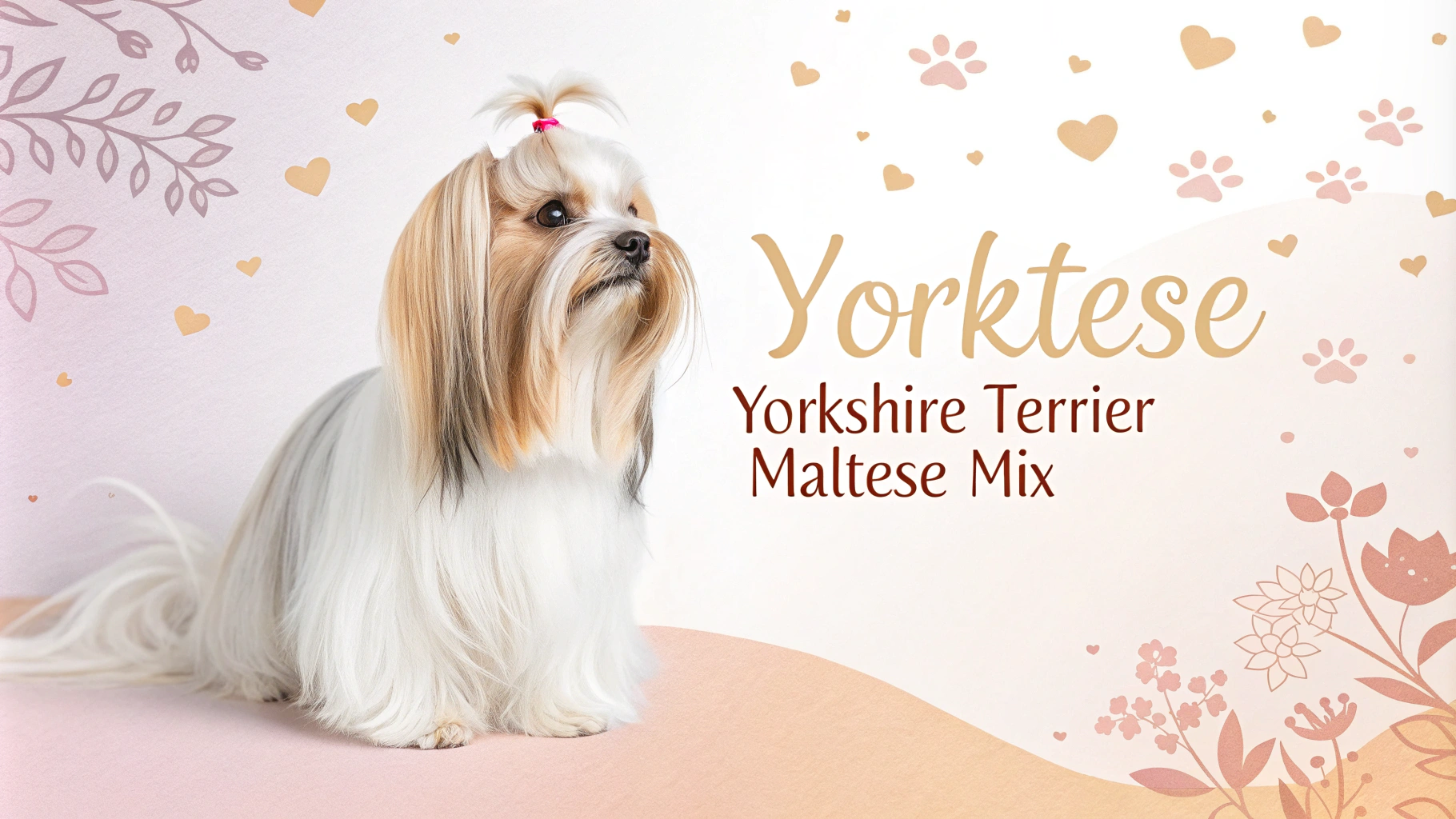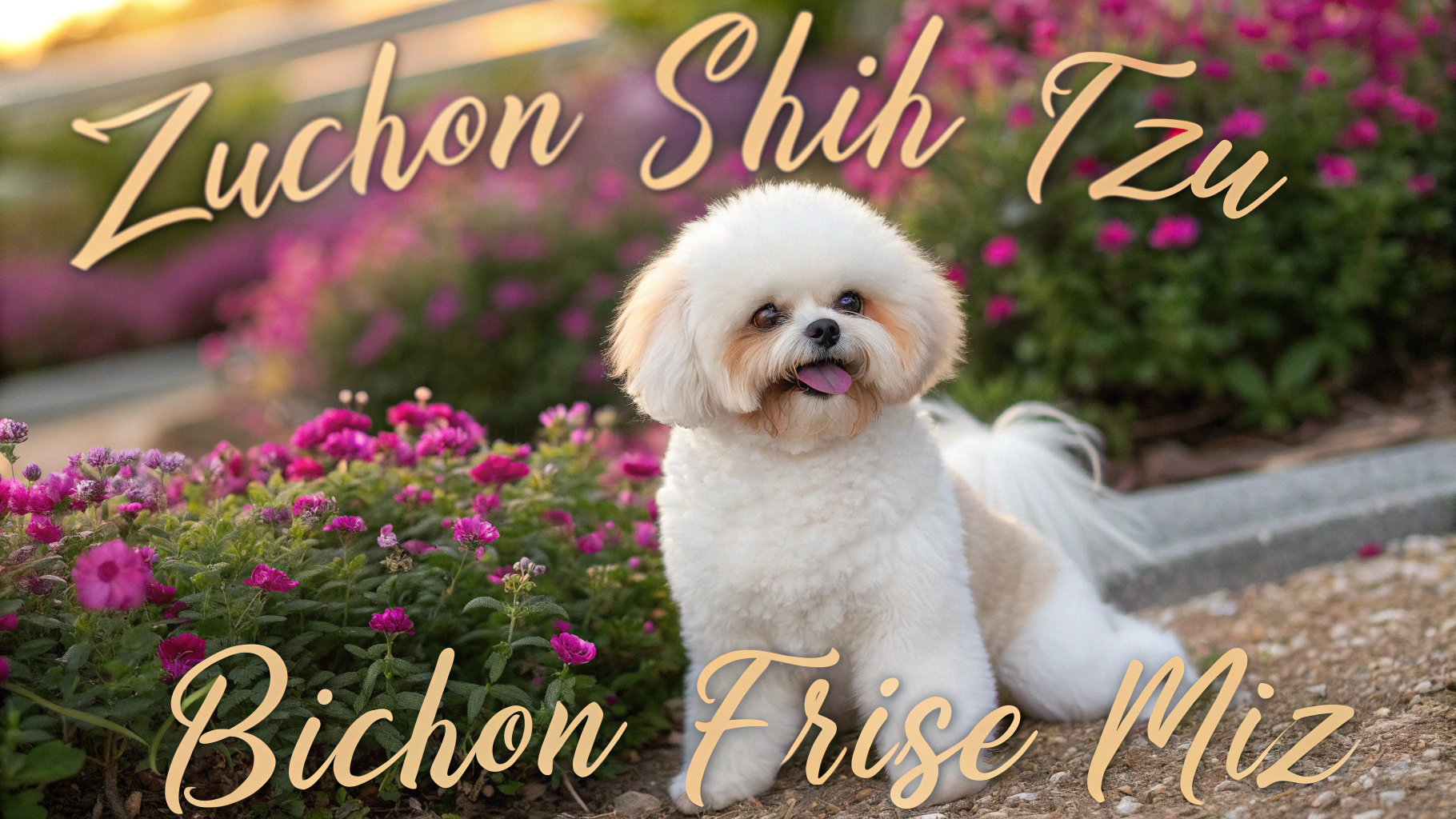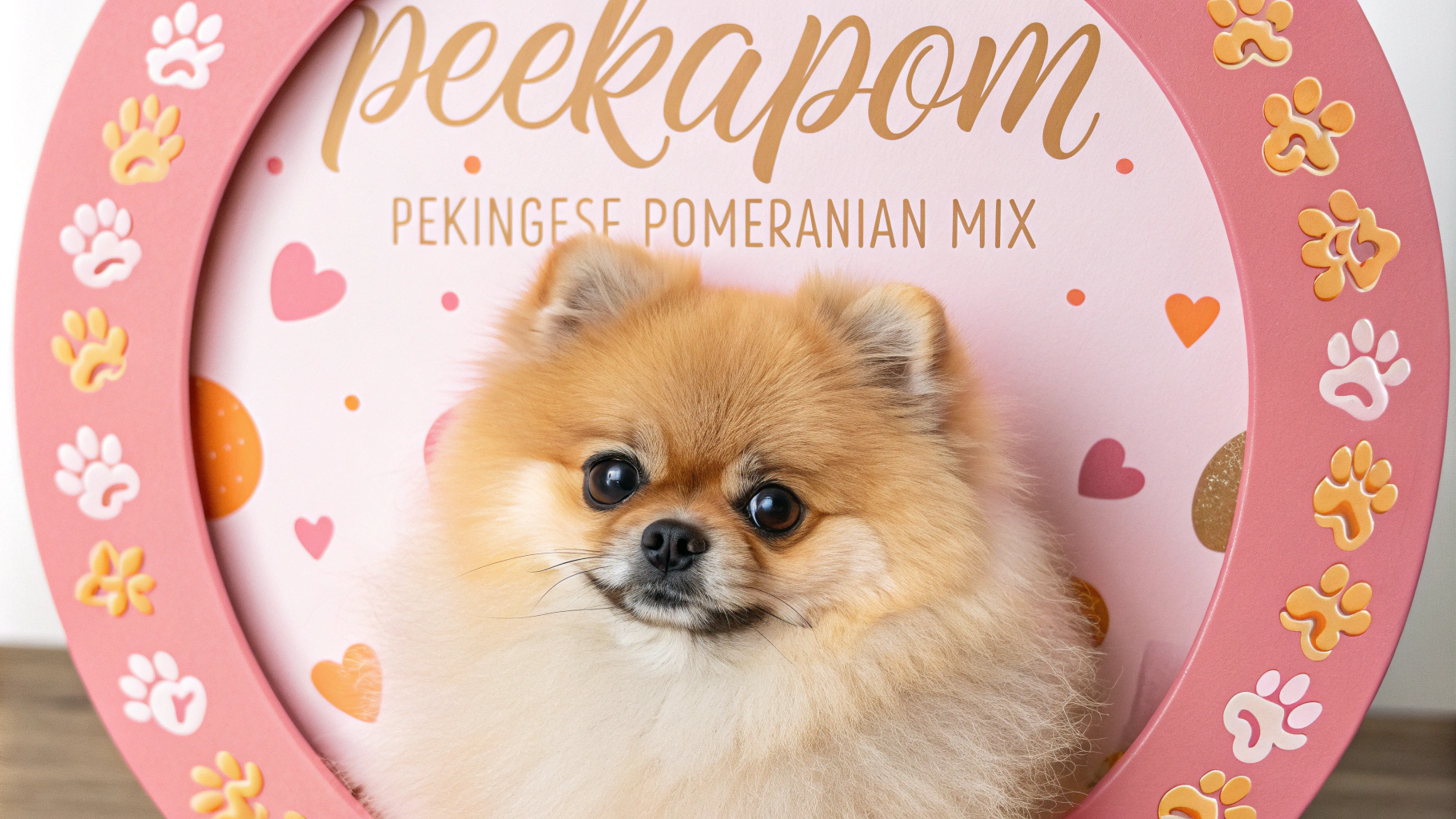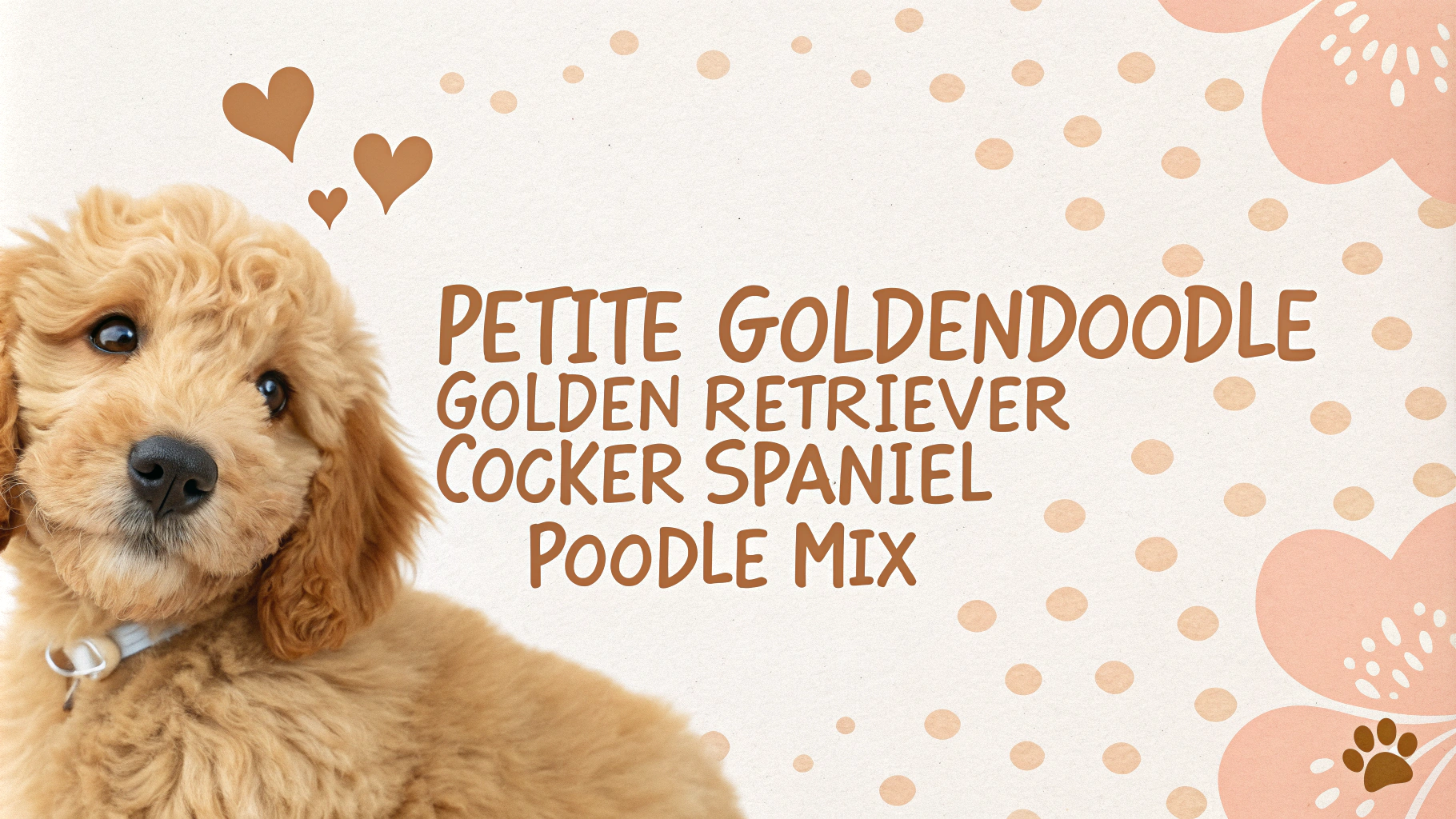The BoShih is a delightful designer dog breed that combines the charming characteristics of the Boston Terrier and the Shih Tzu. This mixed breed inherits traits from both parent breeds, resulting in a small to medium-sized companion dog with a loving personality and unique appearance. BoShihs are known for their affectionate nature, intelligence, and adaptability, making them excellent pets for various households, including families, singles, and seniors.
Key Facts
- Size: Small to medium, typically 10-16 inches tall and weighing 10-25 pounds
- Lifespan: 12-15 years
- Coat: Short to medium length, can be straight or slightly wavy
- Colors: Various combinations of black, white, brown, and brindle
- Temperament: Friendly, affectionate, and playful
- Exercise needs: Moderate
- Grooming: Regular brushing and occasional professional grooming
- Training: Generally easy to train, but may inherit some stubbornness
Character Traits
BoShihs inherit a blend of personality traits from their Boston Terrier and Shih Tzu parents, resulting in a charming and lovable companion. These dogs are typically friendly, affectionate, and social, enjoying the company of their human family members and often getting along well with other pets. They tend to be playful and energetic, but not overly hyperactive, making them suitable for various living situations.
BoShihs are known for their intelligence and eagerness to please, which can make training relatively easy. However, they may inherit some stubbornness from the Shih Tzu side, requiring patience and consistency in training. These dogs are generally good with children and can adapt well to different household dynamics, making them excellent family pets.
Like their Boston Terrier parents, BoShihs can be alert and make good watchdogs, often barking to alert their owners of potential intruders or unfamiliar situations. They typically have a moderate energy level, enjoying playtime and short walks but also content to relax with their owners. BoShihs are known for their adaptability, able to thrive in various living environments, from apartments to houses with yards.
History & Origins
The BoShih is a relatively new designer dog breed, likely originating within the last few decades as part of the growing trend of creating mixed breeds with desirable traits from both parent breeds. While the exact origins of the BoShih are not well-documented, understanding the history of its parent breeds provides insight into the mix’s background.
The Boston Terrier, one of the BoShih’s parent breeds, originated in Boston, Massachusetts, in the late 19th century. Initially bred as fighting dogs, Boston Terriers eventually became popular companion animals known for their friendly nature and distinctive “tuxedo” coat. They were recognized by the American Kennel Club (AKC) in 1893 and have since been nicknamed “The American Gentleman” due to their dapper appearance and charming personality.
The Shih Tzu, the other parent breed, has a much longer history, dating back to ancient China. These dogs were favored by Chinese royalty and were believed to have been developed from Lhasa Apso or Tibetan mountain dogs. Shih Tzus were brought to Europe in the 1930s and later to the United States, where they quickly gained popularity as companion dogs. The AKC recognized the breed in 1969.
The BoShih combines the companionable nature and adaptability of the Boston Terrier with the regal charm and affectionate personality of the Shih Tzu. While not recognized by major kennel clubs as a distinct breed, the BoShih has gained popularity among dog enthusiasts seeking a small, friendly, and low-shedding companion dog.
Health Concerns
BoShihs may inherit health issues from both parent breeds. Common concerns include:
- Respiratory problems: Due to their brachycephalic (flat-faced) features inherited from both parent breeds
- Eye issues: Including cataracts, corneal ulcers, and cherry eye
- Patellar luxation: A condition where the kneecap dislocates
- Allergies: Skin allergies and food sensitivities are common
- Dental problems: Due to their small mouths and potential overcrowding of teeth
Regular veterinary check-ups, dental care, and maintaining a healthy weight are crucial for BoShihs. Owners should be vigilant about their dog’s breathing, especially in hot weather or during exercise, due to their brachycephalic nature.
Exercise Needs
BoShihs have moderate exercise needs, typically requiring:
- 30-60 minutes of daily activity
- Short walks or play sessions
- Indoor games and mental stimulation
While they enjoy playtime, BoShihs are not high-energy dogs. They adapt well to their owner’s lifestyle but still need regular exercise to maintain a healthy weight and mental well-being. Indoor activities like puzzle toys can help meet their exercise needs, especially on days when outdoor activities are limited. It’s important to avoid overexertion, particularly in hot weather, due to their brachycephalic features.
Space Requirements
BoShihs are adaptable dogs that can thrive in various living situations:
- Well-suited for apartments or small homes
- Do not require a large yard
- Comfortable in urban or suburban environments
Their small size and moderate energy levels make them ideal for compact living spaces. However, they still need room for play and exercise indoors. A small, secure outdoor area is beneficial but not essential. BoShihs are sensitive to extreme temperatures, so access to climate-controlled environments is important. They enjoy being close to their families and don’t require much personal space.
Nutrition & Feeding
Proper nutrition is crucial for BoShihs to maintain their health and energy levels:
- High-quality, small breed dog food
- Portion control to prevent obesity
- Feed 2-3 small meals per day
- Fresh water always available
BoShihs can be prone to weight gain, so measuring food and limiting treats is important. Their small size means they require fewer calories than larger breeds. Consult with a veterinarian to determine the appropriate amount and type of food based on the dog’s age, weight, and activity level. Some BoShihs may have food sensitivities, so monitoring for any adverse reactions to new foods is advisable. Avoid foods toxic to dogs, such as chocolate, grapes, and onions.
Grooming Tips
The BoShih’s grooming needs can vary depending on which parent breed they take after more. Generally, they require regular brushing, ideally 2-3 times a week, to prevent matting and tangling of their coat. Use a slicker brush or a pin brush to remove loose hair and distribute natural oils throughout the coat. Pay special attention to areas prone to matting, such as behind the ears and under the legs. Regular baths are necessary, typically every 4-6 weeks, using a mild dog shampoo. Trim their nails every 2-3 weeks or as needed. Clean their ears weekly to prevent infections, especially if they have floppy ears like the Shih Tzu. Dental hygiene is crucial, so brush their teeth 2-3 times a week to prevent dental issues. If the BoShih has a longer coat, professional grooming every 6-8 weeks may be beneficial to maintain coat health and appearance.
Training Approach
BoShihs are generally intelligent and eager to please, but they can inherit some stubbornness from both parent breeds. Positive reinforcement techniques work best with this mix, using treats, praise, and play as rewards for good behavior. Start training and socialization early to ensure a well-mannered adult dog. Keep training sessions short (5-10 minutes) and fun to maintain their interest. Consistency is key in establishing rules and boundaries. BoShihs may be prone to small dog syndrome, so it’s important to treat them like a dog regardless of their size. Focus on basic obedience commands, leash training, and proper socialization with people and other animals. Potty training may require patience, as small breeds can be challenging in this area. Consider crate training to aid in housebreaking and provide a safe space for your BoShih. Address any excessive barking early on through training and positive reinforcement.
